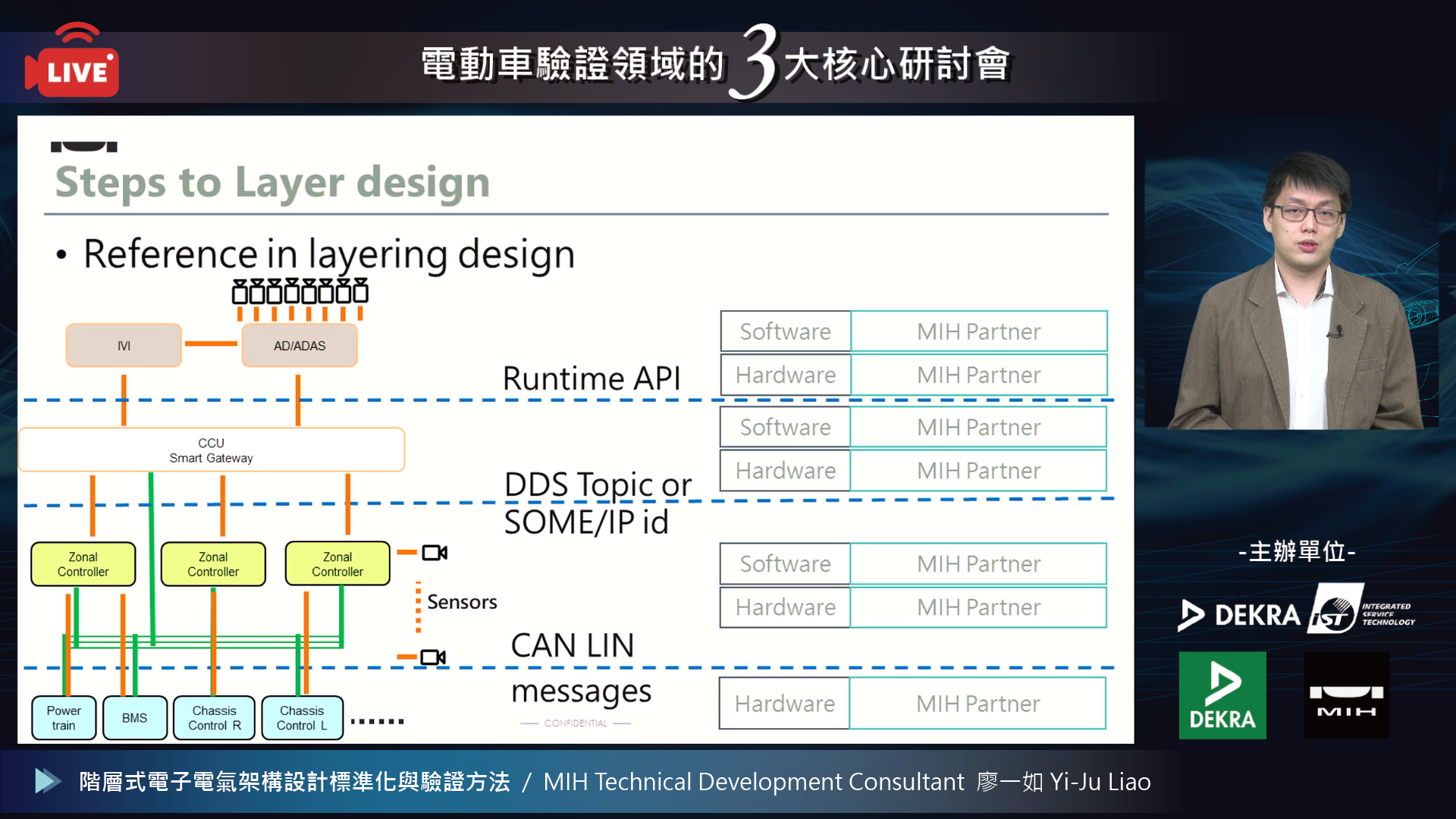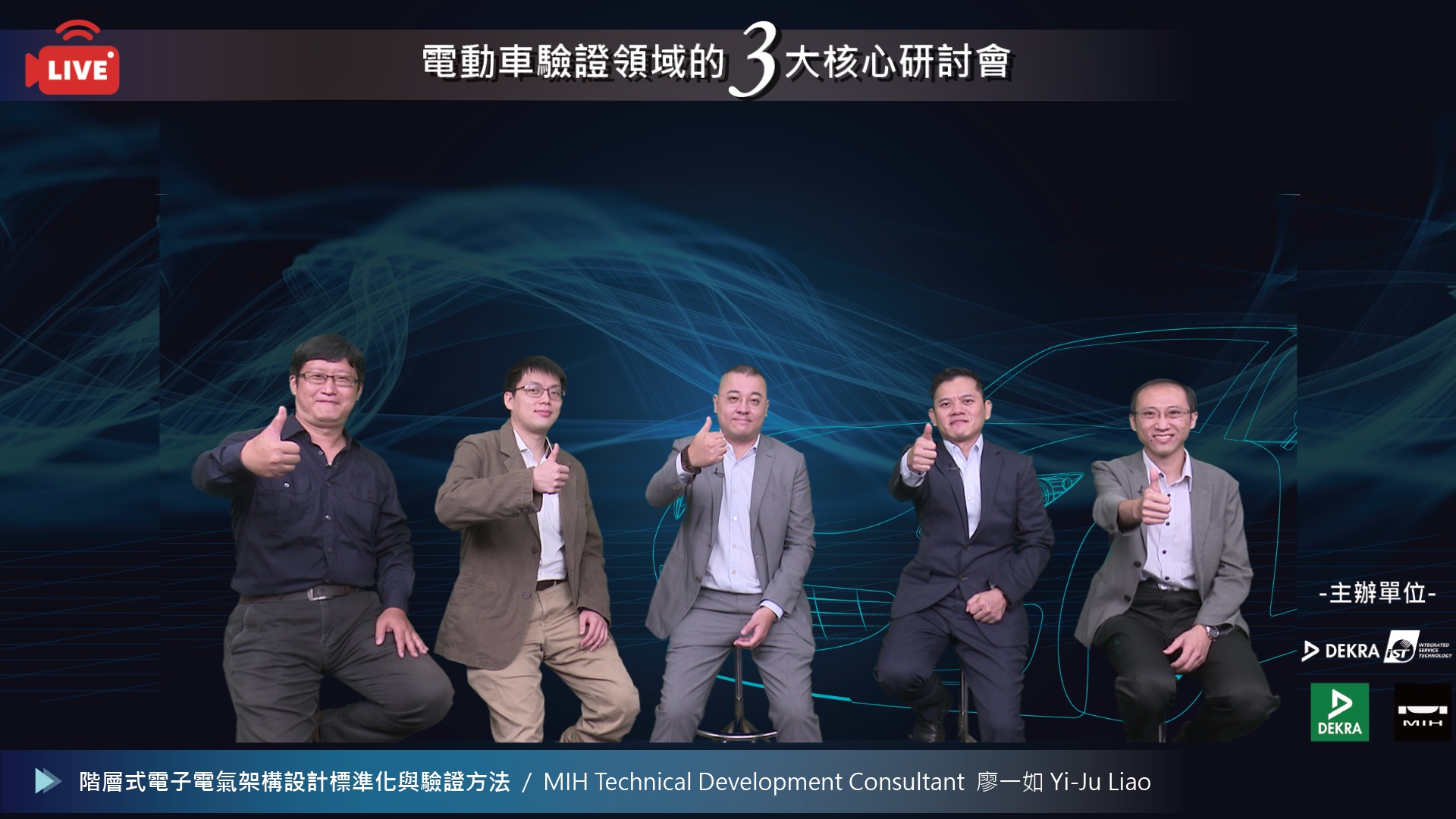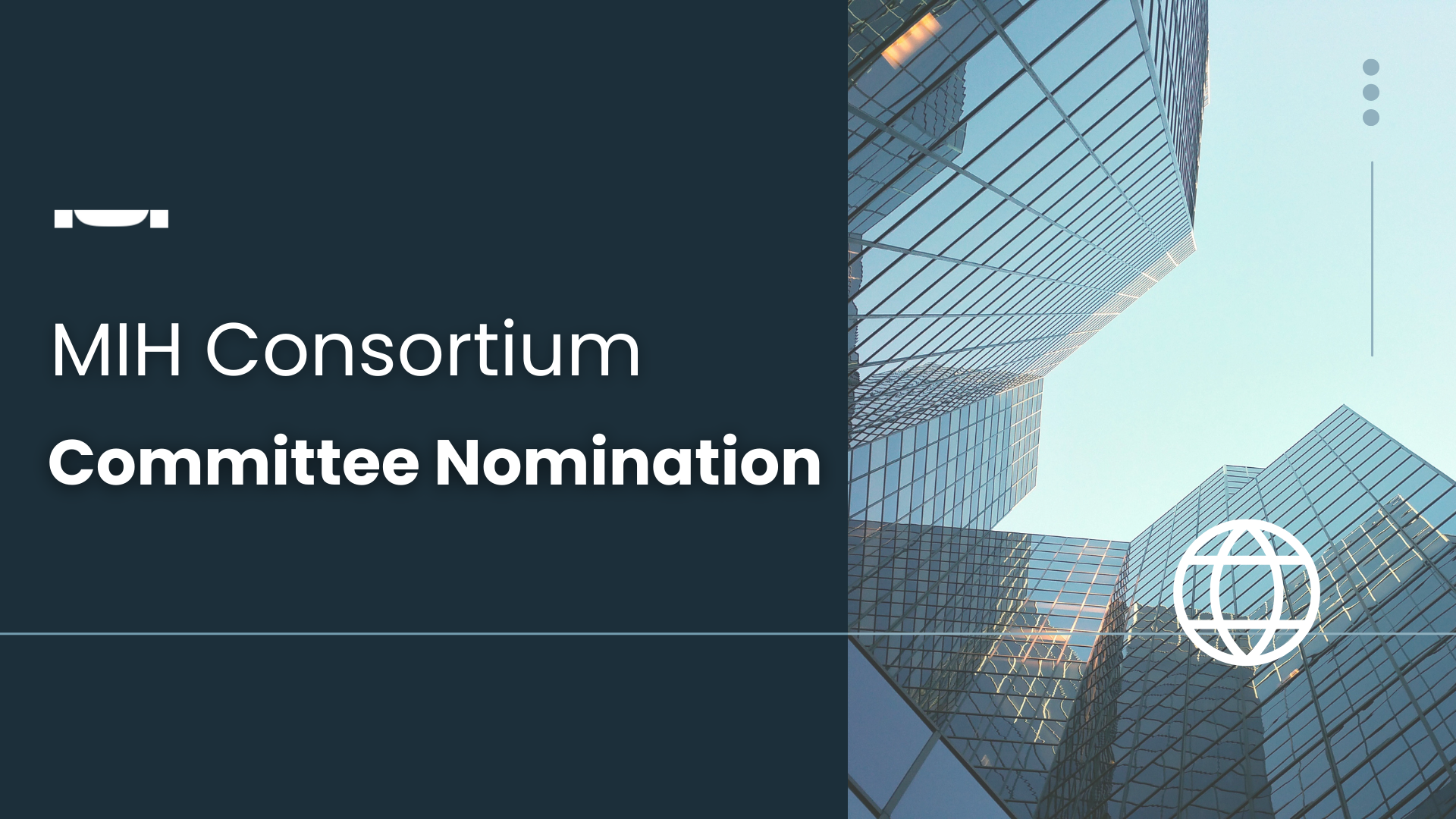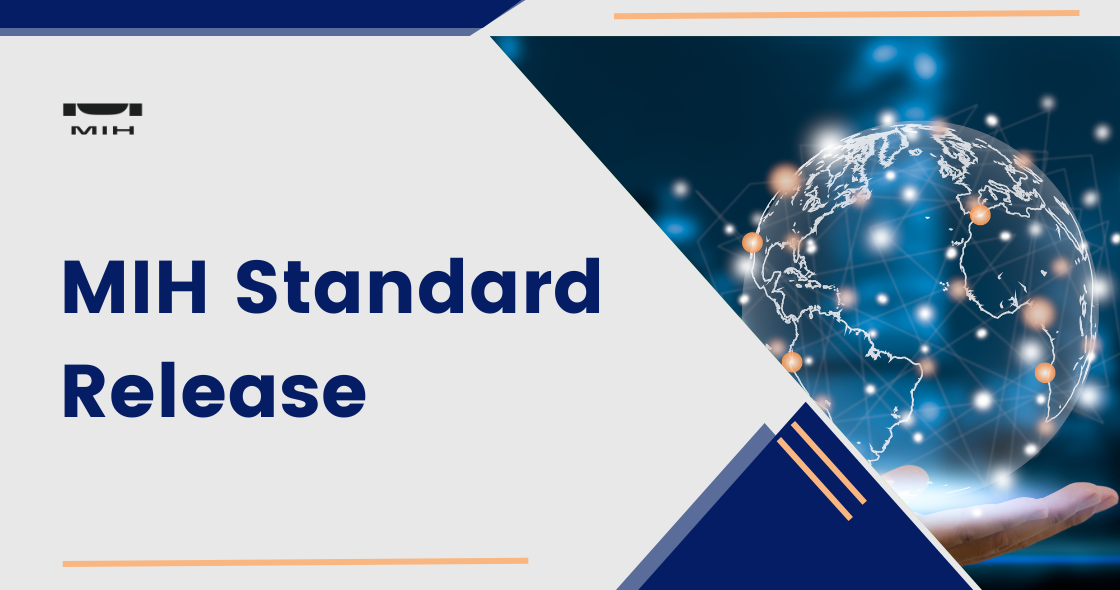 The Trend of All-in-one Products in EV Industry
Wangchu Chen, Senior Manager of High Power Engineering, DEKRA iST, started his speech from analyzing the three core components of EV include battery, electronic control and motor while discussing further about the high computing component that will be integrated into EV in the future.
He remarked, the trend of EV development focuses on the integration of components, such as two-in-one product of OBC and DCDC converter in the electronic control, the integration of reducer (known as generator) and the inverter in the motor. Moreover, the main market and technology in the future is believed to be "All-in-one products“, which feature lighter weight, lower power consumption and higher mileage.
Chen emphasized, in the market, the advantages of EV include less CO2 emission, lower cost of fuel and brand value, etc., while the integration of autonomous driving technology into smart vehicles now gets more attention. As the concept of all-in-one product above, for autonomous driving technology, numerous sensors are installed in EV, and the signals received by the sensors will be transmitted to AI(Artificial Intelligence) through the connector for calculation, which is one of the key points of this speech: high computing component in EV.
The product life of fossil fuel vehicle is mainly estimated by the total length of engine on time and engine off time, while the product life of EV is more complicated due to the consideration of charging time and inhabited mode. It would probably become even more complex when it comes to driverless technology with much higher power consumption during continual operation. In conclusion, the trend of high-power components is necessary, meanwhile the concepts and methodologies of reliability validation should be caught up simultaneously to ensure the quality of products and the safety of end customers.
James Lee, EMC & RF Senior Manager, DEKRA Taiwan, shared his vision on “Moving towards the certification of 77/79 GHz radar on Level 4 autonomous vehicles”, discussing about the radars that applied to autonomous driving. He marked, radars act as one of the vital sensors in autonomous vehicles. Thus, it is of great significance as to how industry players can comply with international radio and electromagnetic compatibility (EMC) regulations in regard of developing global market.
With the help of artificial intelligence and machine learning, modern cars can execute tasks similar to a virtual assistant. This has landed new challenges on OEM and vehicle suppliers in terms of safety and cybersecurity. Kevin Huang, Manager of Global Functional Safety/ Cybersecurity, DEKRA Taiwan, touched on this at the conference with the speech title: "How to Integrate Functional Safety, Automotive SPICE, and ISO 21434 into Your Company?” Kevin Huang stated that this hybrid approach of integrating ASPICE framework and ISO standards into a quality management system can reduce development cost. The efficiency of implementation is therefore high, and the design is primarily optimized for a minimal number of modifications and less rework.
He emphasized that DEKRA Taiwan has the edge to introduce corresponding standards in one go. What is more, DEKRA has its own Principal Consultant, and has been nationwide recognized by system providers and the only preferred partner in the world with BOSCH Germany in functional safety. Kevin Huang also mentioned that DEKRA Taiwan’s services of cybersecurity and functional safety involve training, gap analysis, consulting, testing, and certification. These together brings multiple advantages for the partners.
The Trend of All-in-one Products in EV Industry
Wangchu Chen, Senior Manager of High Power Engineering, DEKRA iST, started his speech from analyzing the three core components of EV include battery, electronic control and motor while discussing further about the high computing component that will be integrated into EV in the future.
He remarked, the trend of EV development focuses on the integration of components, such as two-in-one product of OBC and DCDC converter in the electronic control, the integration of reducer (known as generator) and the inverter in the motor. Moreover, the main market and technology in the future is believed to be "All-in-one products“, which feature lighter weight, lower power consumption and higher mileage.
Chen emphasized, in the market, the advantages of EV include less CO2 emission, lower cost of fuel and brand value, etc., while the integration of autonomous driving technology into smart vehicles now gets more attention. As the concept of all-in-one product above, for autonomous driving technology, numerous sensors are installed in EV, and the signals received by the sensors will be transmitted to AI(Artificial Intelligence) through the connector for calculation, which is one of the key points of this speech: high computing component in EV.
The product life of fossil fuel vehicle is mainly estimated by the total length of engine on time and engine off time, while the product life of EV is more complicated due to the consideration of charging time and inhabited mode. It would probably become even more complex when it comes to driverless technology with much higher power consumption during continual operation. In conclusion, the trend of high-power components is necessary, meanwhile the concepts and methodologies of reliability validation should be caught up simultaneously to ensure the quality of products and the safety of end customers.
James Lee, EMC & RF Senior Manager, DEKRA Taiwan, shared his vision on “Moving towards the certification of 77/79 GHz radar on Level 4 autonomous vehicles”, discussing about the radars that applied to autonomous driving. He marked, radars act as one of the vital sensors in autonomous vehicles. Thus, it is of great significance as to how industry players can comply with international radio and electromagnetic compatibility (EMC) regulations in regard of developing global market.
With the help of artificial intelligence and machine learning, modern cars can execute tasks similar to a virtual assistant. This has landed new challenges on OEM and vehicle suppliers in terms of safety and cybersecurity. Kevin Huang, Manager of Global Functional Safety/ Cybersecurity, DEKRA Taiwan, touched on this at the conference with the speech title: "How to Integrate Functional Safety, Automotive SPICE, and ISO 21434 into Your Company?” Kevin Huang stated that this hybrid approach of integrating ASPICE framework and ISO standards into a quality management system can reduce development cost. The efficiency of implementation is therefore high, and the design is primarily optimized for a minimal number of modifications and less rework.
He emphasized that DEKRA Taiwan has the edge to introduce corresponding standards in one go. What is more, DEKRA has its own Principal Consultant, and has been nationwide recognized by system providers and the only preferred partner in the world with BOSCH Germany in functional safety. Kevin Huang also mentioned that DEKRA Taiwan’s services of cybersecurity and functional safety involve training, gap analysis, consulting, testing, and certification. These together brings multiple advantages for the partners.


MIH Consortium
2024-08-30

MIH Consortium
2024-08-30

MIH Consortium
2024-08-30